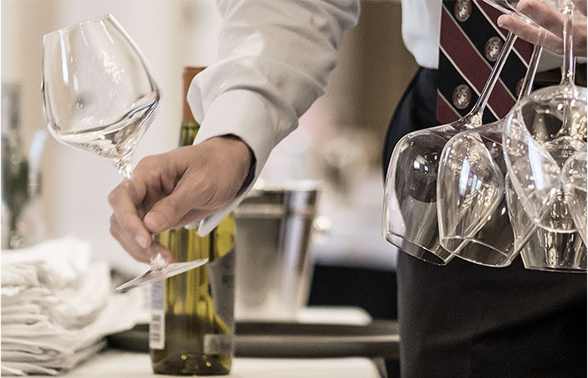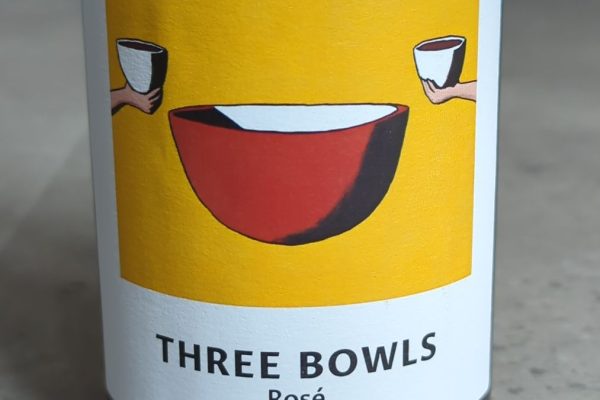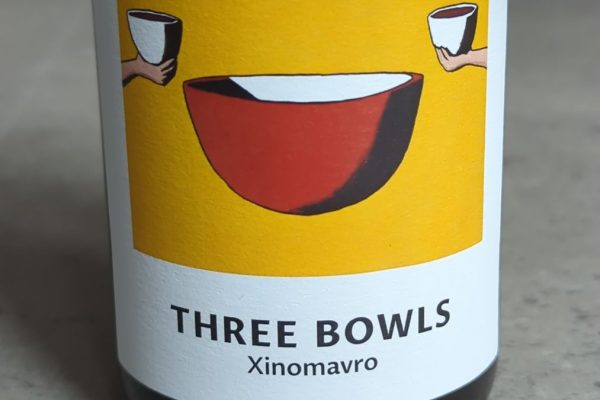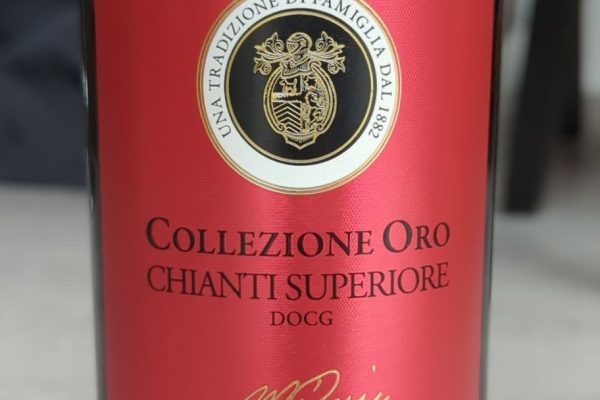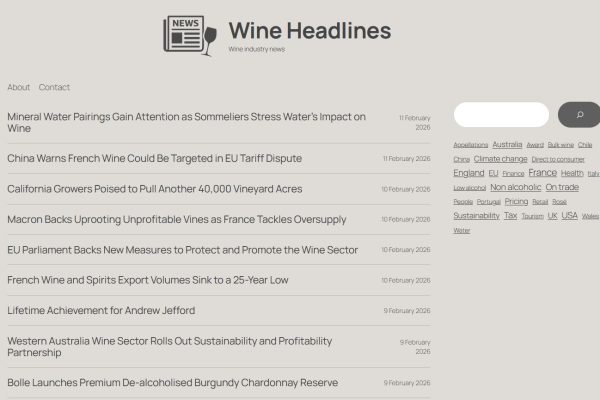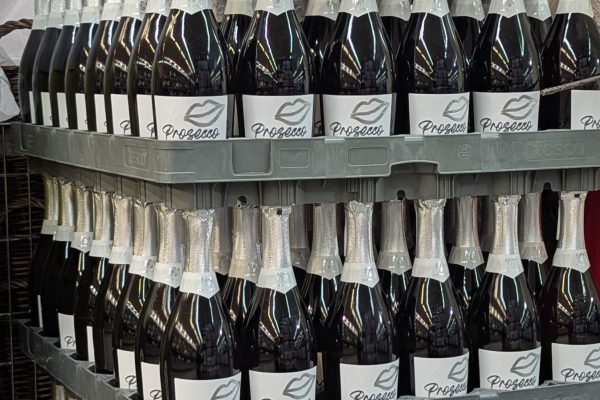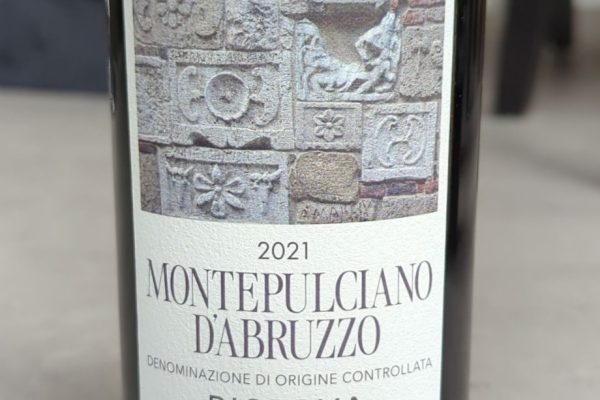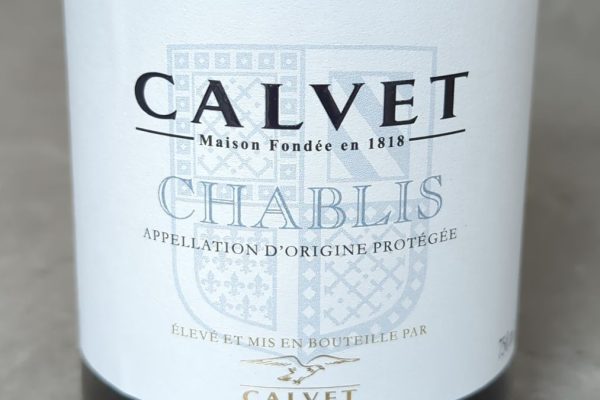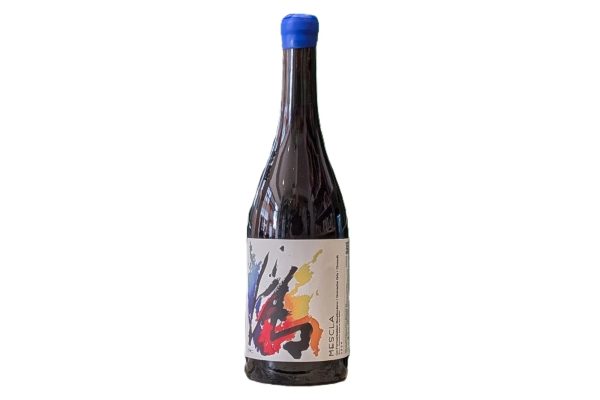
A new study investigates how wine consumers in France, Greece and Italy value various ‘credence attributes’, including wine origin, production methods (conventional, organic, or biodynamic), price and geographical indication (GI). The researchers assessed which attributes most strongly influence purchasing decisions. The analysis revealed that consumers highly value the origin of wine, especially local origins, followed by production methods, with organic wines receiving preference. Biodynamic methods, however, showed little impact on consumer choices, indicating a niche interest.
The study identified significant cross-country differences. French consumers prioritised organic methods and local wines, while Greek consumers were more inclined toward national products over locally specified ones. Italian consumers displayed a moderate preference for organic wines but showed a marked interest in price as a quality indicator. The geographical indication was a less critical factor for the total sample, though Greek respondents valued it highly.
A cluster analysis categorised consumers into three groups: those focused on higher-priced, nationally produced wines; certification seekers (primarily younger, educated consumers interested in PDO/PGI labels and organic wines) and price-sensitive consumers who favour conventional, affordable wines.
The research aimed to provide valuable insights for producers and consumers, highlighting the importance of focusing on local origins and organic certification for marketing. However, some thoughts. The study, while comprehensive in its exploration of consumer preferences across production methods, price, origin, and geographical indication, did not consider attributes such as grape variety and alcohol level, which are often critical to wine consumers. Grape variety, for instance, significantly influences taste, aroma, and quality, making it a key factor in guiding choices and preferences. Similarly, alcohol level can impact the drinking experience and is frequently considered by consumers aiming to balance flavour with personal preferences for alcohol content. Omitting these attributes might have overlooked some of the more important distinctions consumers make when selecting wines.





